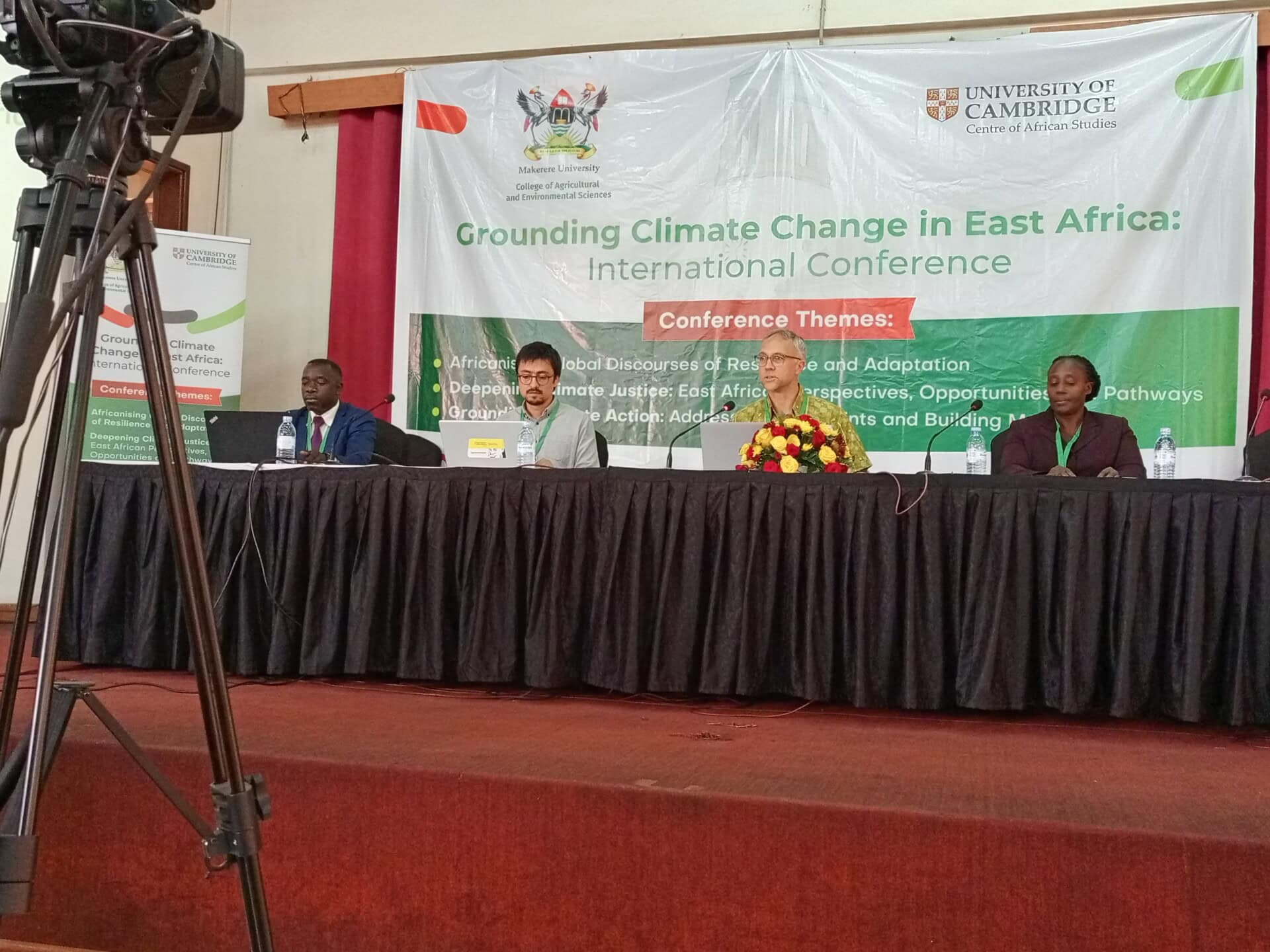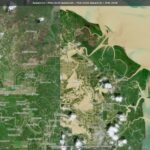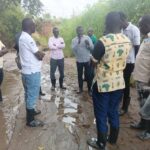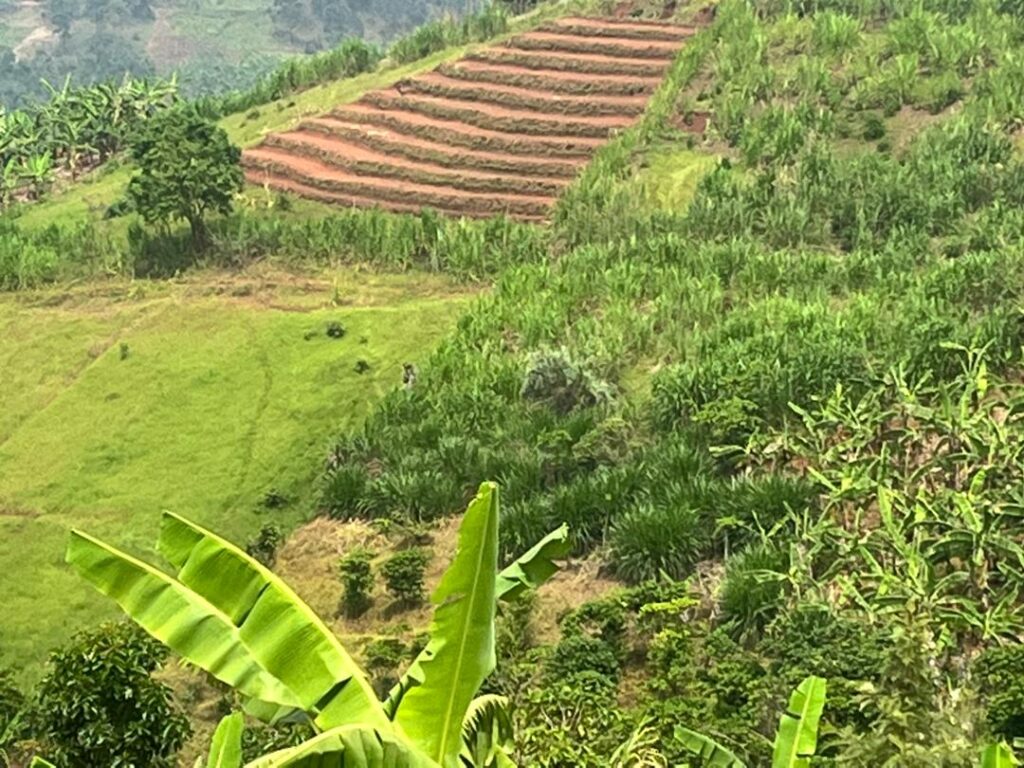Makerere University Hosts Critical Dialogue on Grounding Climate Change in East Africa: A Call for Action.

AidEnvironment Henry S. Mbowa and Annah Kayesu participated in a two-day international conference held at Makerere University on July 25-26, 2024, which delved into the complex interplay of science, politics, and ethics surrounding climate change in East Africa.
Organised jointly by the Makerere University Department of Environmental Management, the College of Agricultural and Environment Sciences and the University of Cambridge, the event brought together researchers, practitioners, and policymakers to explore the region’s unique challenges and opportunities in addressing this global crisis.
The conference centred around three core themes: Africanising global discourses on resilience and adaptation, deepening climate justice from an East African perspective, and grounding climate action to overcome constraints and build momentum.
A Region on the Frontline
Keynote speaker, Dr. Adam Branch from the University of Cambridge, underscored the disproportionate impact of climate change on East Africa. The region’s vulnerability to extreme weather events, such as droughts, floods, and landslides, has far-reaching consequences for agriculture, livelihoods, and overall development.
Dr. Branch emphasised that addressing climate change requires a holistic approach that tackles the interconnected issues of social, racial, and environmental injustice. He called for solutions that are rooted in the specific context of East Africa and that prioritise the needs of the most vulnerable communities.
Unveiling the Barriers to Climate Justice
Panel discussions throughout the conference illuminated the complex challenges hindering climate justice in the region. Political instability, corruption, limited access to technology, poverty, rapid urbanisation, and unsustainable consumption patterns emerged as key obstacles.
Participants highlighted the need for a more just and equitable approach to climate action, emphasising the importance of empowering marginalised communities and ensuring that the benefits of climate initiatives are shared fairly.
A Call for Transformative Change
The conference concluded with a robust discussion on the path forward and participants emphasised the following key actions:
- Strengthening regional collaboration: Fostering cooperation among East African countries to develop shared climate strategies and solutions.
- Investing in research: Supporting research institutions to generate data and knowledge that inform effective climate policies and interventions.
- Harnessing indigenous knowledge: Incorporating traditional knowledge and practices into climate adaptation and mitigation efforts.
- Empowering women: Recognising the critical role of women in climate action and ensuring their full participation in decision-making processes.
- Addressing population growth: Developing sustainable population management strategies to reduce pressure on natural resources.
- Transitioning to sustainable economies: Promoting economic development pathways that prioritise environmental sustainability and social equity.
The conference served as a vital platform for knowledge sharing, collaboration, and advocacy. By bringing together diverse stakeholders, the event contributed to building a shared understanding of the climate challenges facing East Africa and identifying potential solutions.
As the world grapples with the escalating climate crisis, the insights and recommendations generated at this conference offer valuable guidance for policymakers, practitioners, and researchers working to create a more resilient and just future for East Africa.



